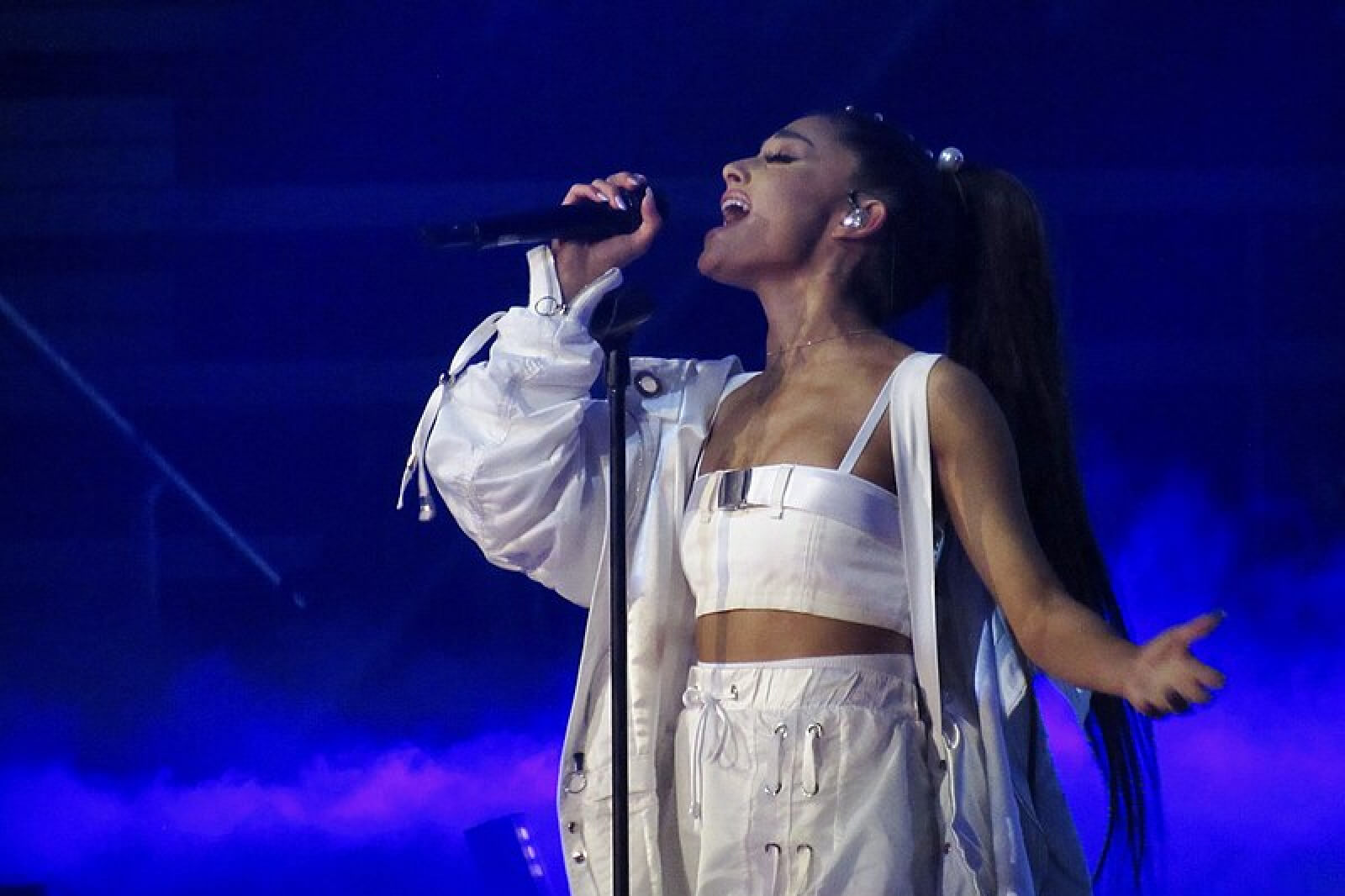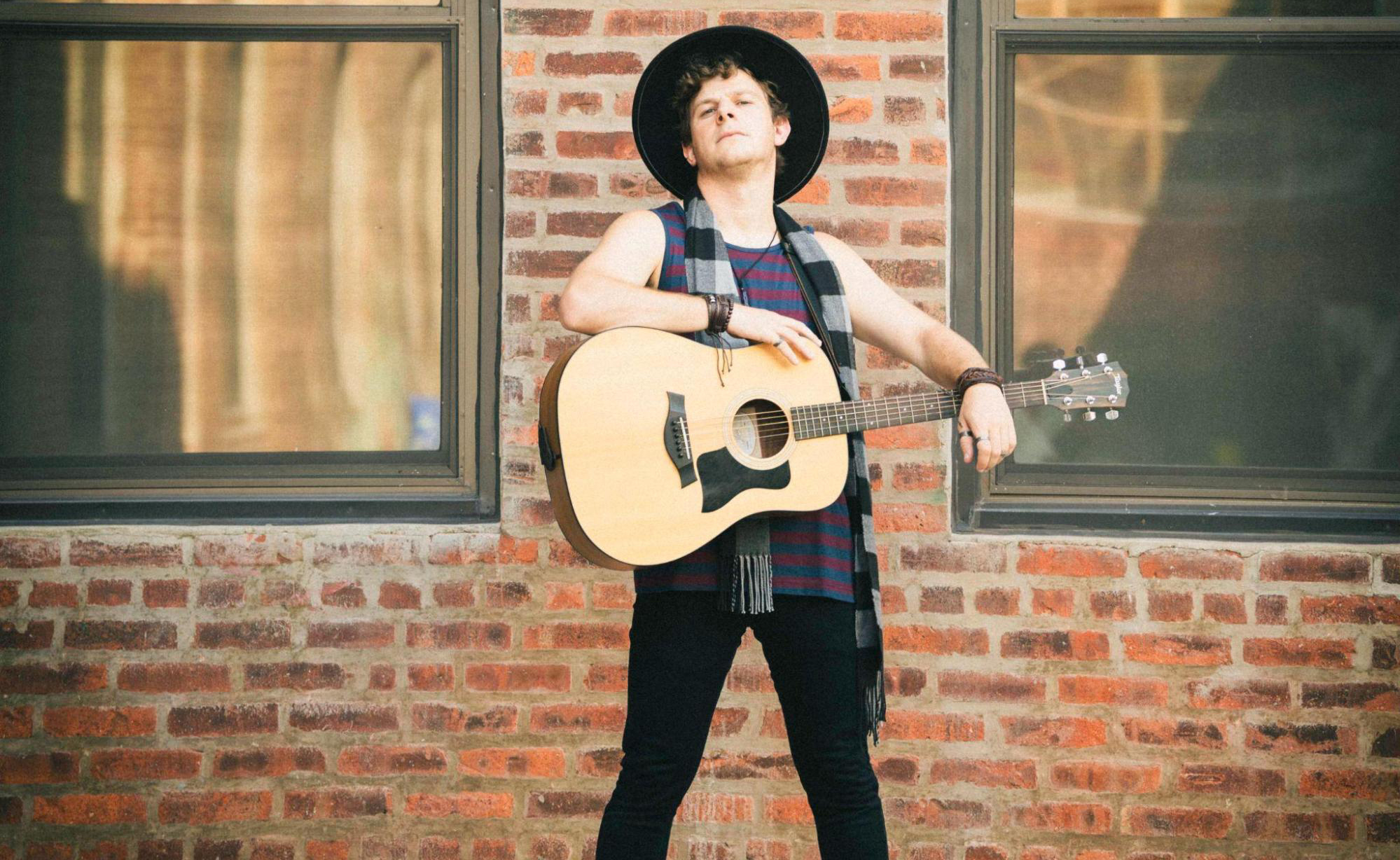
Netflix Logo -
Photo by David Balev - Unsplash
This review contains spoilers.
What happens when you combine Glee‘s high school drama, American Horror Story’s propensity for random acts of violence, and an already absurd 2020 electoral cycle?
You wind up with Ryan Murphy’s The Politician, and it’s just as pretentious, exhausting, and addictive as you’d expect.
The Politician has a lot going for it. It has the lovable, golden-voiced Ben Platt and the sweet Zoey Deusch as its stars, as well as Jessica Lange, Gwyneth Paltrow, and a host of other Hollywood staples. It’s extremely timely and very visually pleasing.
But here’s the thing: The Politician is, for the most part, totally obnoxious.
The show tells the story of Payton Hobart, a high school senior whose sole objective in life is to become President of the United States. It doesn’t seem that he wants to achieve anything in particular with this platform, and party politics are rarely mentioned except in passing. But Payton will stop at nothing to achieve this goal, and the first step to becoming President of the United States, according to his research, is being elected president of his high school.
Like most characters on the show, Payton is exorbitantly wealthy. Though shunned by his billionaire father, he’s the beloved adopted child of Georgina Hobart (Paltrow). The Hobarts might be the show’s wealthiest family, but almost all the characters are part of the upper-upper class, and their lives are defined by excess and entitlement. Even one of the “low-income” students—a subject of interest because he’s an undecided voter—lives in a nice house with a pool.
Of course, all this wealth never translates to happiness, and the characters continually try to run away from their families, from emptiness, fakeness, and the looming terror of failing to live up to their potential. One of the characters runs away from home to New York City, and after seeing homeless people on the subway, she returns with a newfound perspective on what the “real world” is like.
Certainly Murphy and his team were trying to satirize the wealth and disconnect at the heart of modern politics; after all, billions of dollars are spent each election cycle, much of it funneled through major corporate establishments. In some way, the show succeeds in doing this, highlighting the prominence of scammers and our growing frustration with them, while also commenting on the pitfalls of authenticity. Still, any message that could’ve been communicated effectively here is damaged by the show’s many plot holes.
Then there’s the fact that its characters are extremely difficult to empathize with. No one on the show seems to actually care for each other, even in the smallest way. There’s endless, convoluted backstabbing, and everyone uses each other to get something else.
Perhaps the most loving, genuine relationship on the show is between Payton and his mother. Though she clearly loves her son, Georgina’s love is mostly communicated through mystical, quasi-deep asides. She’s his biggest champion but also the kind of mom who encourages her son’s selfishness by corroborating his already inflated sense of self-worth. (Fun fact: She’s married to the show’s co-creator, Brad Falchuk, who said he based Georgina on Paltrow herself).
In the midst of all the relentless, pointless political competition (what school in this world has such intense elections?), there are moments of blinding tragedy. In the first few episodes, it’s revealed that Payton once had a love affair with River, a sensitive, beautiful, Adonis-like lacrosse player who is running against him in the election. In an emotional speech during a debate, River speaks candidly about his prior suicide attempt and about his own feelings of crushing loneliness. An episode later, he shoots himself right in front of Payton, after saying, “I really did love you.”
After that, River disappears for several episodes with few mentions, and politics as usual continues. (He eventually reappears as a ghostly manifestation of Payton’s own suppressed emotions).
After River dies, his girlfriend, Astrid, decides to run in his place, and she picks one of the school’s few black students as her running mate. The VP, Skye, later tries to assassinate Payton so she can take power—and while the show definitely critiques this kind of blunt, tasteless tokenization, it still takes part in it, giving its few cast members who are people of color precious little characterization and screen time.
This is just one of the many ways that the show feels removed from the modern era. It’s supposed to be about Gen Z, but social media is remarkably absent from the show; political statistics are broadcast on slideshows and votes are counted with slips of paper. As many reviews have pointed out, the show feels firmly rooted in the perspective of someone in Gen X or even earlier.
The only character who seems remotely conscious is the late River, who says he feels like the world is ending in his tell-all speech. Aside from that, the show is simply a muddled approximation of teen life in 2019; it lacks any frank discussion of insecurity, fear, ennui, irony, and bitter humor that defines so much of the conversation among Gen Z, millennials, and most political discourse today. It’s about politics, but its politicians stand for nothing. They protest issues like gun violence to get attention but have little to no actual connection to these things. While not all teens are politically active today, the ones that are—the Greta Thunbergs and Emma Gonzalezes—are checked in, to say the least. Everyone in this show is checked out and, other than Platt, excised of an inner life. Each character is a different kind of anxiety, shallowness, and competitiveness personified, and it gets old very quickly.
Maybe that’s the point. Maybe the show’s plot is a mirror of Payton’s convoluted state of mind, or of the incoherence of living in the modern world. But from a viewer’s perspective, the show lacks the creative vision and humor to pull itself together. Ostensibly, the entire series is about fakeness and performance, but it does as little as possible to puncture its own ballooned sense of self-importance.
If the show had the acerbic self-critical edge that shows like It’s Always Sunny in Philadelphia possess or the irreverence and strong characters of The Office, then it could’ve made for better television. Still, the narrative’s downfall is its jumbled, soap-opera-like flair for the dramatic, which might also be what makes it so difficult to turn off.
Fortunately or unfortunately, there will be more seasons of The Politician, as each season supposedly will follow Payton as he runs in a different campaign. Season Two looks like it might be much more promising, as it’ll leave behind the bubble of the characters’ small town, focusing on Payton’s race for (spoiler alert) New York state senator. If the show can leave behind its fixation on high school drama and focus more on the state of politics at large, it might actually be able to spin its jumbled plotlines into a more fulfilling whole.
Still, it’s kind of a shame that Netflix would greenlight a show like this one (and give Ryan Murphy a $300 million deal) while canceling shows like The OA that actually had relevant and sincere things to say. Sure, Ben Platt’s cover of Joni Mitchell’s “River” is uncannily moving. But a simple Google search will take you to a treasure trove of Platt performances, and you need only to search through Goop to get your fix of Gwyneth Paltrow’s character’s sanitized, spiritual homemaker aesthetic.
River – Ben Plattwww.youtube.com
The show is fast-paced, attractively filmed, and difficult to look away from—Murphy makes sure of that, keeping the shock factor alive, and this review barely touches on half of the show’s highlights (which include musical theatre duets, a major plotline involving a girl whose grandmother poisons her, and attempted assassinations involving rodent gallbladders). But ultimately, it’s as incoherent as your average scroll through Twitter, without any of the spicy discourse or diversity of opinion.
- The Politician Season 1 Finale Recap, Episode 8: ‘Vienna’ ›
- The Politician: Netflix’s new show pokes fun at privilege – BBC News ›
- The Politician review: Netflix’s latest is a mess. But it may be … ›
- Review: ‘The Politician’ Starring Ben Platt Dishes The High School … ›
- How Ryan Murphy’s ‘The Politician’ Skewers Trump-Era Entitlement … ›
- The Politician: An Insider’s Account of John Edwards’s Pursuit of the … ›
- The Politician (TV series) – Wikipedia ›
- The Politician (TV Series 2019– ) – IMDb ›
- The Politician | Official Trailer | Netflix – YouTube ›
- The Politician | Netflix Official Site ›













